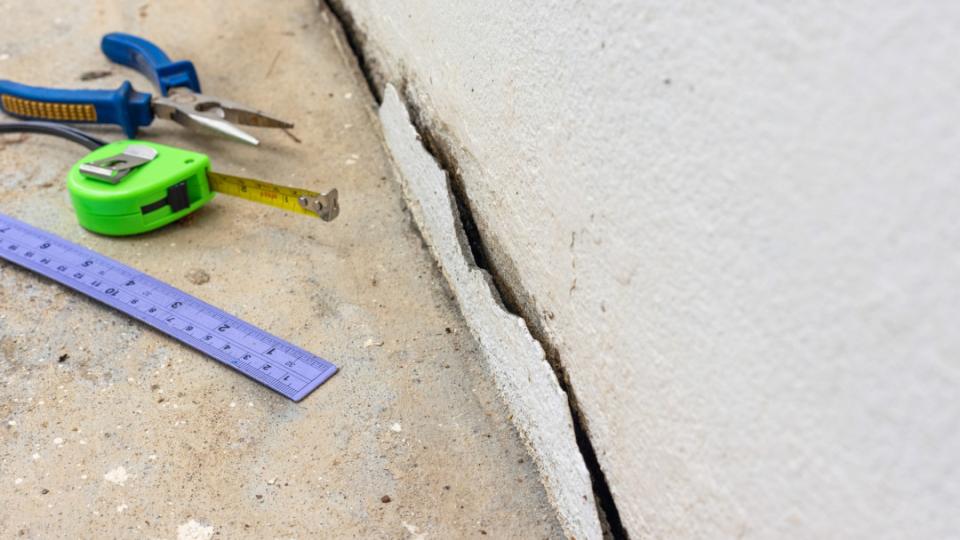What are the warning signs you have foundation issues in your home?
As a homeowner, it is important to be aware of the potential structural problems that can occur in your house. Issues with the foundation can cause significant damage if left untreated, so understanding the warning signs is crucial. In this article, we will discuss common foundation issues and the signs that indicate you may be dealing with a problem.
Common Foundation Issues
Before we dive into the warning signs, it's essential to have a basic understanding of the common foundation issues that can arise in a house. Being familiar with these problems can help you identify potential issues early on:
Foundation Settling: Over time, a house may naturally settle as the soil beneath it shifts. However, excessive settling can lead to structural problems.
Foundation Cracks: Cracks in the foundation can occur due to a variety of factors, including soil movement, poor construction, or water damage. These cracks can allow water to seep into your home, causing further damage.
Uneven Floors: If you notice that your floors are sloping or uneven, it could be a sign of foundation issues. Uneven floors can indicate that the foundation is shifting or sinking.
Doors and Windows Sticking: Difficulty opening or closing doors and windows can be a result of foundation problems. As the foundation shifts, it can cause the frames to become misaligned.
Bowing or Leaning Walls: Walls that appear to be leaning or bowing inward may indicate foundation movement. This is a serious issue that should be addressed immediately.
Foundation Problem Signs
Now that you are familiar with some common foundation issues, let's explore the warning signs that may indicate a problem in your house:
Cracks in the Walls: One of the most common warning signs is the presence of cracks in the walls, especially near windows, doors, or in corners. These cracks may start small but can widen over time.
Visible Foundation Cracks: Take a close look at your foundation walls. If you see any visible cracks, it is a clear indication that there are foundation problems that need to be addressed.
Sticky Doors and Windows: Difficulty in opening or closing doors and windows could be a result of a shifting foundation. If you notice a sudden change in how they function, it's important to investigate further.
Sloping or Uneven Floors: Walk through your house and pay attention to any noticeable sloping or unevenness in the floors. This can be a sign of foundation settling or movement.
Gaps Around Windows or Doors: If you notice gaps between your windows or doors and the surrounding frames, it may be an indication of foundation issues. These gaps can allow drafts and water to enter your home.
Water Damage: Excessive moisture or mold growth in your basement or crawl space can be a result of foundation problems. Keep an eye out for any signs of water damage.
Cracked or Uneven Exterior Brickwork: Take a close look at the exterior of your house. If you see cracked or uneven brickwork, it may be a sign of foundation movement.
Sinking or Settling Foundation: If you notice that your foundation is sinking or settling, it is imperative to address the issue promptly. Look for any signs of foundation movement or shifting.
It's important to remember that these warning signs may not necessarily indicate a foundation problem on their own. However, if you notice multiple signs or have concerns about the stability of your house, it is recommended to consult with trusted home service providers who specialize in foundation inspections and repairs.
Foundation problems can worsen over time and lead to significant structural damage if not addressed promptly. Regularly inspecting your home for warning signs and seeking professional advice can help mitigate potential risks and ensure the long-term stability of your house. Find foundation specialists that are TrustDALE Certified and service your area.

